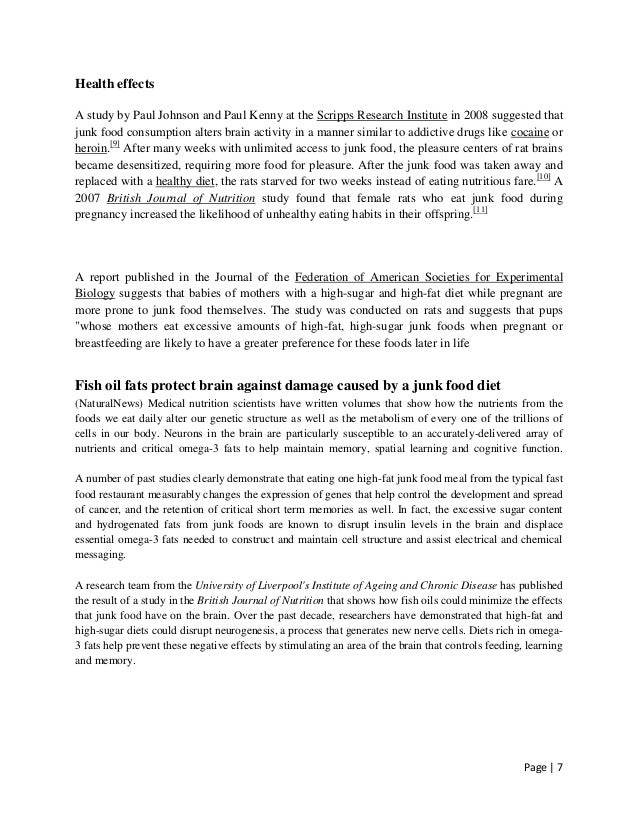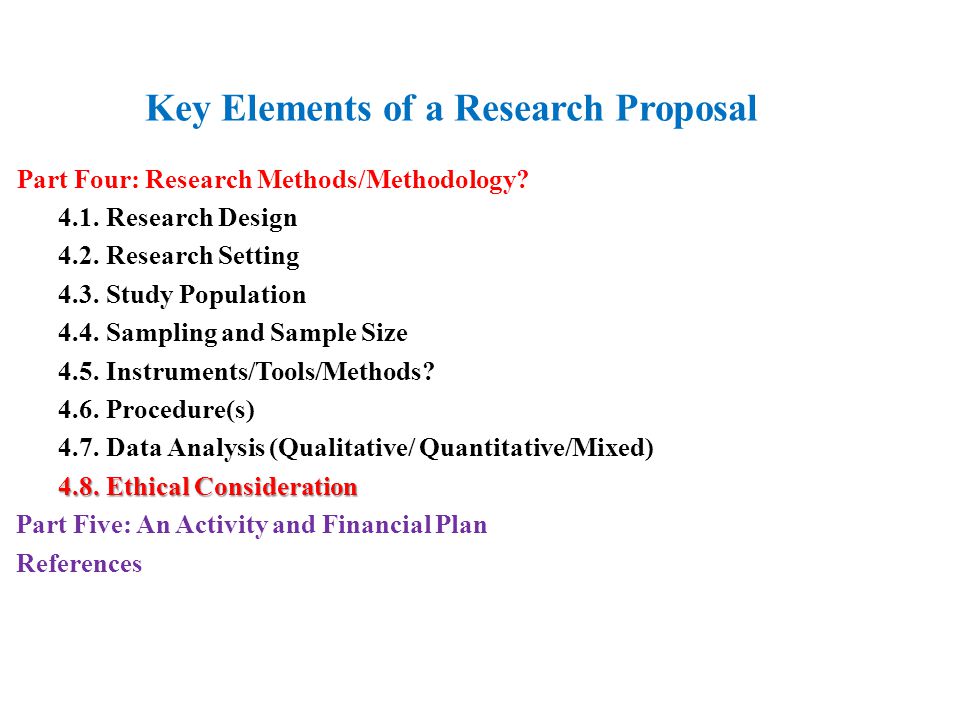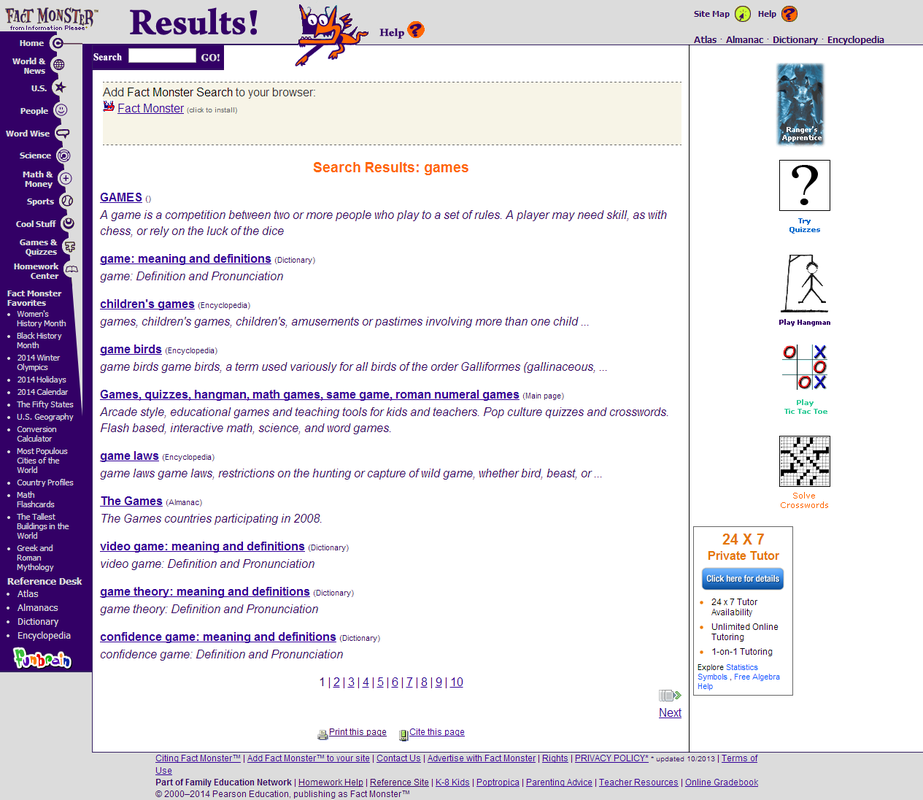The Utility and the Extent of Fiduciary Obligations.
In Foskett v McKeown, the key principle highlighted in the case is that were the trust monies had been used to partly pay the premiums of an insurance policy, the beneficiaries were entitled to a pro rata share of the policy monies.Judgments - Foskett (Suing on His Own Behalf and on Behalf of all Other Purchasers of Plots of Land at Mount Eden, Herradodo Cerro Alto Diogo, Martins, Algarve, Portugal (Original Appellant and Cross-Respondent) v. McKeown and Others (A.P.) (Original Respondents and Cross-Appellants).Foskett v McKeown UKHL 29 is a leading case on the English law of trusts, concerning tracing and the availability of proprietary relief following a breach of trust. 1 Facts 2 Judgments 2.1 Court of Appeal.
A G Hong Kong v Reid (1994) 1 AC 324 Foskett v McKeown (2001) 1 AC 102.. If you are the original writer of this essay and no longer wish to have the essay published on the UK Essays website then please: Request the removal of this essay. Discover our Law Essay Writing Service.The case of Foskett v McKeown identified that tracing is not a remedy, but a process to identify the lost property. In the case of Go’s lost money the money transferred to buy the yacht is easy to trace, but as the yacht is destroyed then it is of no worth.

But the result in Foskett v McKeown supports the traditional proprietary analysis even if Lord Millett's reasoning doesn't: in Foskett the remedy was a proprietary onef tracing at law and equity are really the same thing, and if tracing is a process and not a remedy, then the remedy should be a personal restitutionary one and not a proprietary one.












